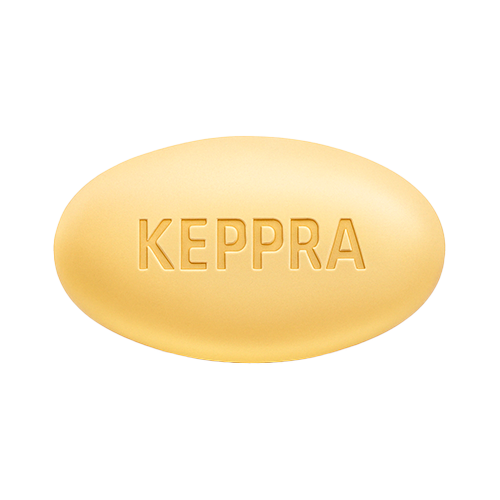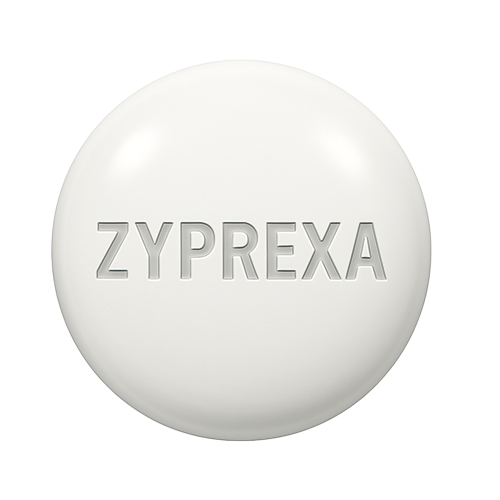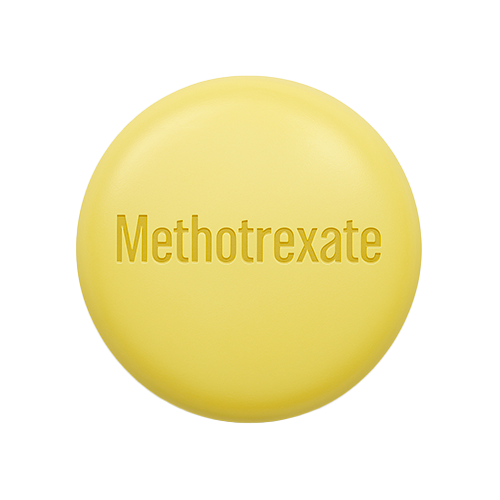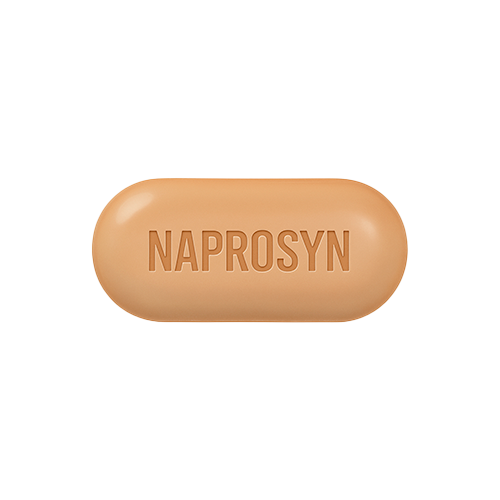Keppra (levetiracetam) is a prescription medication used to help control seizures in people with epilepsy. It can be prescribed for focal (partial), myoclonic, or generalized tonic-clonic seizures, and is often part of a long-term treatment plan.
Keppra doesn’t cure epilepsy, but it can help reduce the frequency and severity of episodes. This guide outlines how it’s taken, what side effects to be aware of, and how it fits into broader neurological care.
Product Description
Keppra (levetiracetam) is a widely used antiepileptic drug belonging to the pyrrolidone class and is the S-enantiomer of α-ethyl-2-oxo-1-pyrrolidine-acetamide. It stands out from traditional antiepileptic medications due to its unique chemical structure and distinct mechanism of action, which remains not fully understood. However, research suggests that Keppra modulates neurotransmitter release through binding to synaptic vesicle protein SV2A, helping stabilize neuronal activity without disrupting normal synaptic transmission. This property makes Keppra an effective choice for treating a broad range of seizure disorders while minimizing cognitive side effects. Keppra is commonly prescribed for patients with focal and generalized epilepsy, offering reliable seizure control with a favorable safety profile. Additionally, Keppra is well-tolerated by most patients, with fewer interactions compared to older antiepileptic drugs, making it suitable for long-term therapy. Regular monitoring during treatment ensures optimal dosage adjustments and helps maintain seizure management over time. With its proven efficacy, Keppra has become a first-line therapy in epilepsy treatment guidelines worldwide. Patients report improved quality of life and reduced seizure frequency when adhering to the prescribed regimen. Its flexibility in dosage forms allows for individualized treatment plans tailored to patient needs.
Safety Information
Keppra is indicated for the treatment of various types of seizures, including partial seizures with or without secondary generalization, myoclonic seizures linked to juvenile myoclonic epilepsy, and primary generalized tonic-clonic seizures. Due to its broad spectrum of action, Keppra is suitable for managing both newly diagnosed and treatment-resistant epilepsy cases. Before initiating therapy, a thorough assessment of patient history and potential contraindications is required to ensure the safe use of the medication. Keppra’s predictable pharmacokinetics make it a dependable option for patients needing consistent and stable seizure control without the need for frequent blood level monitoring. Long-term treatment plans should include regular follow-ups to evaluate effectiveness and detect possible adverse reactions early. This medication is widely recognized for maintaining neurological stability while reducing seizure recurrence, making it an essential tool in modern epilepsy care. Physicians often prefer Keppra for patients seeking an antiepileptic medication with minimal lifestyle disruption. However, as with any medication, adherence to the prescribed dosage and monitoring schedules is critical to avoid complications.
Clinically reviewed | Based on neurological guidelines for levetiracetam use in seizure prevention and adjunctive therapy.
Keppra tablets are available in 250mg to 1000mg strengths and are typically taken twice daily. Dosing is individualized, depending on seizure type, age, and co-medications. Mood changes, fatigue, or dizziness may occur in some patients.
Mode of Application
For adults and adolescents over 16 years of age, Keppra is available as tablets or an oral solution. The initial recommended dose is 500 mg per day, divided into two equal doses of 250 mg each. After two weeks of therapy, the dosage may be increased to the standard therapeutic dose of 1,000 mg per day, administered as 500 mg twice daily. If necessary, the daily dose may be further increased, with a maximum of 3,000 mg per day, split into two doses of 1,500 mg. Dose adjustments should be made gradually and based on the patient’s response and tolerability. It is important to take Keppra at the same times each day to maintain consistent levels of the medication in the body. Skipping doses can reduce the effectiveness of seizure control, so adherence is vital. Healthcare providers may modify the treatment plan if breakthrough seizures occur despite stable dosing. Patients should never adjust their dosage without consulting their healthcare professional. The duration of treatment is typically long-term and should be regularly reviewed.
Contraindications
Keppra is not recommended for use in children under four years of age when administered in tablet form and is contraindicated for newborns when using the oral solution. Patients with hypersensitivity to levetiracetam, pyrrolidone derivatives, or any of the inactive ingredients in the formulation should avoid this medication. Additionally, individuals with fructose intolerance should not take the oral solution due to its excipient content. Patients with a history of severe allergic reactions to similar drugs must inform their healthcare provider prior to starting treatment. Although Keppra is generally well tolerated, caution should be exercised in individuals with pre-existing behavioral disorders. Regular medical assessments help determine whether Keppra remains suitable throughout treatment. Pregnant or breastfeeding women should only use Keppra if clearly needed and prescribed by a specialist. Healthcare professionals will carefully weigh the benefits and risks before initiating therapy in sensitive patient populations.
Side Effects
Like all medications, Keppra may cause side effects, although not all patients will experience them. Reported adverse effects include asthenic syndrome, ataxia, pruritus, paresthesia, anorexia, leukopenia, hallucinations, diplopia, amnesia, insomnia, and skin rashes. Behavioral changes such as mood swings, depression, and anxiety have also been observed, particularly in sensitive individuals. More severe but less common effects include hepatic insufficiency, pancreatitis, Stevens-Johnson syndrome, and toxic epidermal necrolysis. Gastrointestinal disturbances such as nausea, vomiting, and diarrhea may occur, alongside neurological symptoms like dizziness, tremors, and headaches. Some patients may experience weight changes, alopecia, or disturbances in coordination and balance. Emotional lability, aggression, and personality disorders are also possible during long-term use. If side effects become severe or persistent, it is essential to seek medical attention promptly. In most cases, dose adjustments or supportive therapy can alleviate unwanted symptoms, allowing continued use of Keppra with improved tolerability.
Looking into other seizure management options? You may also want to explore Depakote or Lamictal, commonly prescribed in epilepsy treatment plans.











Reviews
There are no reviews yet.